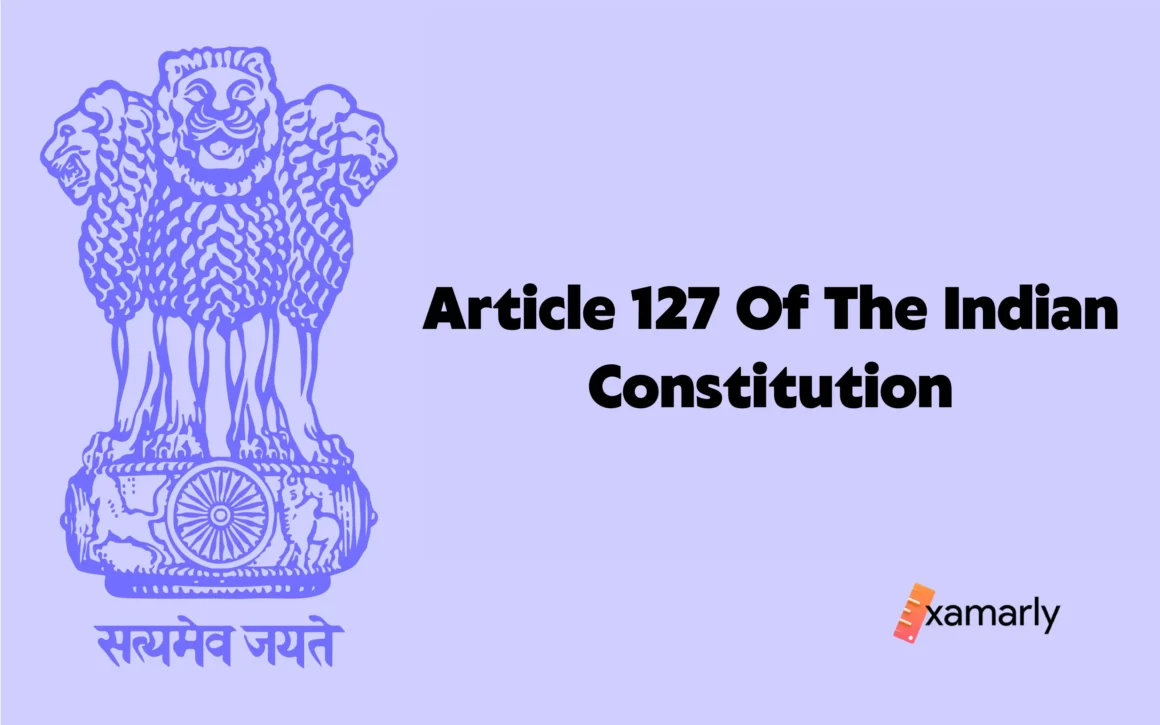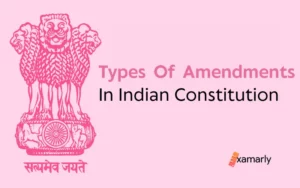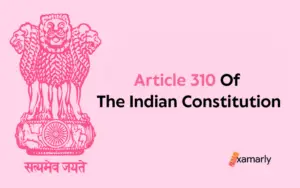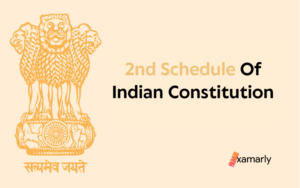Overview
Article 127 of the Indian Constitution talks about the appointment of ad hoc judges in a scenario where the court is unable to achieve a quorum of judges.
It also talks about the powers and the authorities that such Judges will have during the Jurisdiction who are ad hoc Judges in the court.
We will get deep into this Article and understand each and every concept present in it. Let us start by understanding a few terminologies that are pivotal to Article 127 of the Indian Constitution.
What Exactly Is A “Quorum”?
According to the conventional definition, a quorum is the presence of a minimal number of persons who are necessary in order for a committee or a group to be able to conduct business, make a decision, or carry out the single function that the group is responsible for.
In our context, a quorum is the availability of the minimum number of members of either of the courts(the High Court or the Supreme Court) to run the jurisdiction.
Who is an Ad Hoc Judge?
An ad hoc judge is a judge of the Supreme Court who has been appointed for a specific project or case for a certain amount of time via a specified process.
Article 127 of the Indian Constitution – In Detail
We will understand Article 127 of the Indian Constitution in detail by analyzing each and every clause present in it.
Clause 1 – As it is & Explained
Appointment of ad hoc Judges.—(1) If at any time there should
not be a quorum of the Judges of the Supreme Court available to hold or
continue any session of the Court, 1 [the National Judicial Appointments
Commission on a reference made to it by the Chief Justice of India, may with
the previous consent of the President] and after consultation with the Chief
Justice of the High Court concerned, request in writing the attendance at the
sittings of the Court, as an ad hoc Judge, for such period as may be necessary,
of a Judge of a High Court duly qualified for appointment as a Judge of the
Supreme Court to be designated by the Chief Justice of India.
The first clause of Article 127 of the Indian Constitution states that if the Supreme Court of India is unable to achieve quorum and this is impeding the court’s session, then Ad hoc judges will be appointed to remedy the situation.
The process of appointing an ad hoc judge starts with the Chief Justice of India, National Judicial Appointments Commission and involves other prominent people.
In such a situation, the National Judicial Appointments Commission will reach out to the President via the Chief Justice of India and make a request for the appointment of an ad hoc judge.
In a scenario where a particular High Court is not able to attain a Quorum and is required to have an ad hoc Judge in the panel to resume the sessions regarding jurisdiction, the concerned Chief Justice of the High Court will be consulted and will be supposed to submit in written about the attendance of the sittings of the court.
In such a case, a judge must be qualified for appointment as a Supreme Court Justice. Then only a particular Judge can be selected by the Chief Justice Of India.
Related – Article 126 Of The Indian Constitution
Clause 2 – As it is & Explained
(2) It shall be the duty of the Judge who has been so designated, in
priority to other duties of his office, to attend the sittings of the Supreme Court
at the time and for the period for which his attendance is required, and while so
attending he shall have all the jurisdiction, powers and privileges, and shall
discharge the duties, of a Judge of the Supreme Court.
The second clause of Article 127 of the Indian Constitution says that whoever has been appointed as an ad hoc judge of the Supreme Court shall abide by some duties and responsibilities.
These responsibilities are such that they are followed by a judge of the Supreme Court. These include attending the sittings of the Supreme Court at the time when his attendance is required.
Another matter of fact is that the ad hoc judge is also entitled to have the same powers, privileges, and jurisdictions that a regular judge of the Supreme Court has.
While discharging the duties of a judge in the Supreme Court, an ad hoc judge will have all the powers and privileges that a judge in the Supreme Court has.
Summing Up
We can conclude from this Article, that the President has the supreme power to appoint the Judges for the highest court of India.
We also saw that an ad hoc Judge has a prominent role to play in the judicial ecosystem of the country.
Hence, just like any other Article of the Indian Constitution, Article 127 of the Indian Constitution also proves that our Constitution is designed a such a way that it is nearly impossible to have a loophole or downtime in laymen’s terms.
Even the Supreme Court of India has facilities that it can never delay justice to those who seek it.
FAQs
What is Article 127 of the Indian Constitution in a nutshell?
Article 127 of the Indian Constitution lays down the provisions for the appointment of an ad hoc Judge in case the Supreme Court is unable to attain a Quorum.
Are ad hoc Judges the normal working Judges?
An “ad hoc” judge is an appointed judge who discharges the duties of a judge in case the judge is not present and his seat is vacant.
Can any Judge become an ad hoc Judge?
In order to be appointed as an ad hoc Judge, a Judge has to be qualified to be appointed as a Judge of the Supreme Court of India.
Is the approval of the President required when appointing an ad hoc judge?
Yes, the president’s approval is a mandate for the appointment of an ad hoc judge.
When permanent judges are not available, why do we resort to temporary ones?
The Chief Justice of India may, with the prior consent of the President and after consulting with the Chief Justice of the High Court concerned, request in writing about the attendance at the sittings of the Court, as an ad hoc Judge, for such period as may be necessary, should a quorum of the Judges of the Supreme Court not be available to hold or continue any session of the Court.






